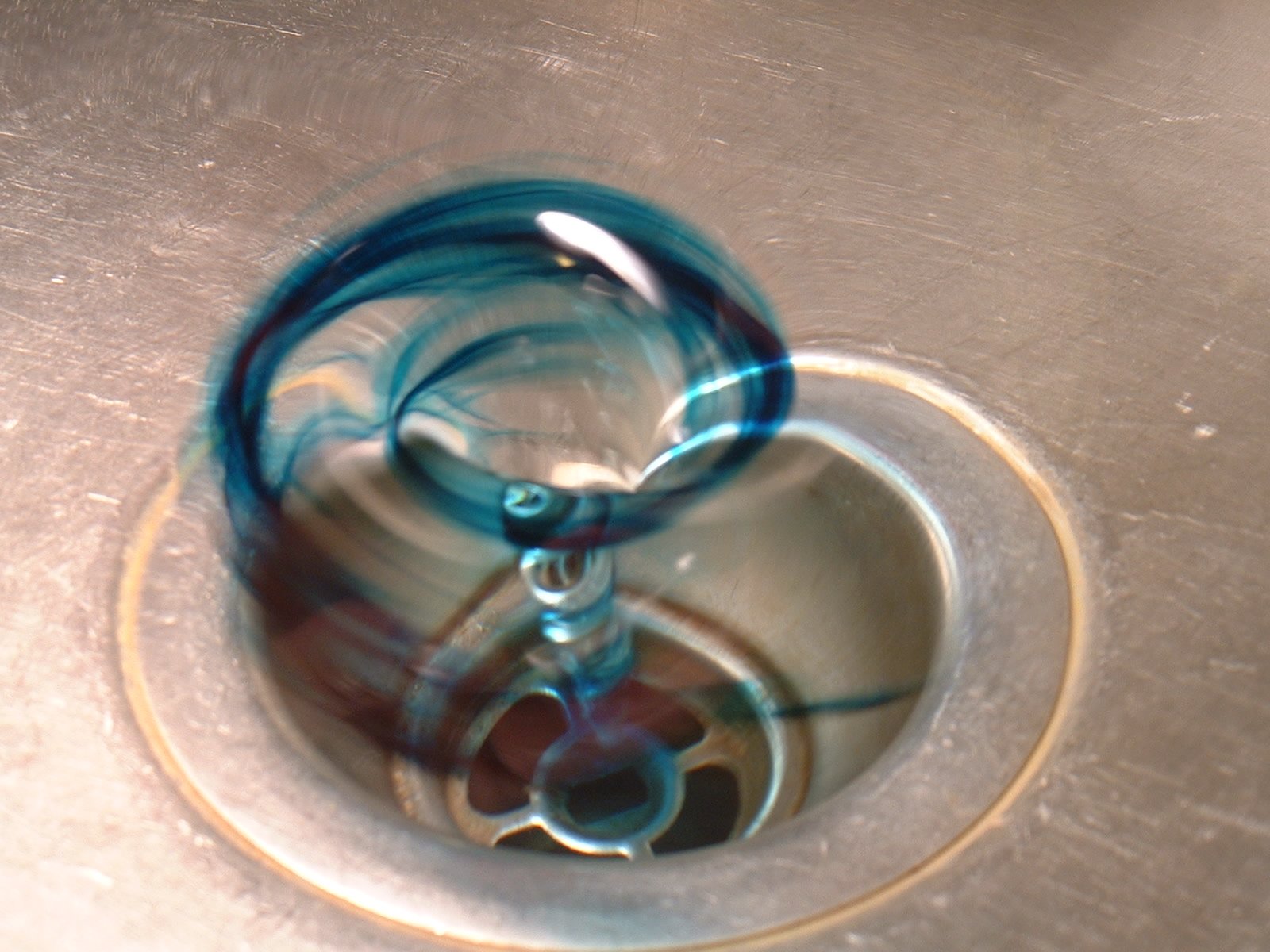

THINGS have been relatively quiet on the EPO front this week, but that does not mean that the EPO's management ceased working towards its nefarious goals. Just yesterday, for example, it carried on pushing for UPC, claiming that "high-IP trade and FDI flows to or between EU countries are expected to increase by 2% & 15% respectively."
"The push for the UPC by Battistelli and the 'circle' (Team Battistelli) means that they want to expel the appeal boards."These EPO-funded talking points have been produced, reportedly, in order to help pressure German courts. It's part of the lobbying. The EPO also wrote about the exile to Haar, calling it a relocation. This is not a "relocation", however, but a coordinated attack on the law itself. The push for the UPC by Battistelli and the 'circle' (Team Battistelli) means that they want to expel the appeal boards. They want to eliminate auditors of patent quality. They planned it for a long time. It doesn't seem to matter to them that the UPC is collapsing.
Team UPC's Robert Burrows wrote yesterday regarding alleged progress, but it's pretty laughable. In his own words:
Although any MP may attend and speak at a Delegated Legislation Committee meeting, only the Committee members are entitled to vote.
"So this is sheer desperation from Team UPC, which is unable to report any substantial process."Just a month ago Keltie LLP's Mark Richardson promoted loopholes for software patents and this week he amplifies these UPC lies that the EPO has paid for (corrupted academia).
Currently patent applicants in the EU can file a central application at the EPO and prosecute this as a single application through to grant at which point the granted European patent needs to be validated into a bundle of national patents. The post grant procedure therefore involves multiple validated patents with the associated need to track and renew multiple individual patents. Enforcement of this bundle of nationally validated patents across Europe potentially involves multiple court actions with the chance of conflicting decisions in different territories.
It’s against the above summary of the European patent system that the paper then introduces the “forthcoming” Unitary Patent and Unified Patent Court and the possibility that this change to the patent system in Europe will help to alleviate some of the current limitations.
"It's the end of the EPO (as we know it) and there's not even a replacement in the horizon."As we have said and shown before, a lot of media was literally paid for UPC promotion. We continue to see such overt subversion of journalism.
Yesterday, for a change, IPPro Patents published something that's not spam (advertisement in 'article' form). Barney Dixon wrote about SUEPO, relaying some internal messages voicing concerns about decline in patent quality. Much of the article is direct quotes, but here is an introduction.
According to an internal memo from the union, the official target for 2017 of 400,000 ‘products’ has been increased to an unofficial target of 415,000 and could lead to negative consequences for staff health and patent quality.
Products are granted only for a few actions that an examiner is expected to perform: a patent search, a patent grant, or a patent refusal. Examiners are awarded points, which determine whether employees have reached their individual and collective targets.
A source close to SUEPO said that the EPO point system is “perverted” as it “does not reward the issuing of a very solid patent after a thorough search, but, on the contrary in the current work climate where fear of reprisal plays a huge role, it has become an unhealthy incentive to support the mass-production of (low-quality) patents”.
The source said that under the outgoing president of the EPO Benoît Battistelli, the product targets have “increased tremendously”, leading to examiners being forced to cut corners.